While tea is not the largest export for Bangladesh, the plight of tea garden workers are similar to that described by Nazdeek in Francesca’s Feruglio’s piece, Perspectives: Mobilizing for Justice in the Tea Gardens in Assam – Law at the Margins http://bit.ly/1bZwezA
Tea gardens today show vestiges of an exploitative labor export model from British colonialism whereby migrant workers were brought in by tea garden owners from different parts of India to live and work on tea plantations. The tea gardens in the Northwest of Bangladesh developed alongside the gardens in Assam in India. In 1971, the tea industry was impacted by the Independence War, and most of the foreign owned gardens were taken over by local and corporate owners.
Workers speak various regional languages, and in Bangladesh, workers rely on owners to interact with local communities. Tea pluckers, predominantly women, work outside all day often without protective gear.In addition to low-pay, tea garden workers like most agricultural workers experience serious health and safety concerns. In Bangladesh, the extensive use of herbicides without adequate protections threatens their health.
At the end of the day, their pay is based on the amount they are able to pluck in the day.
Nazdeek’s work in nearby Assam is a welcome and much needed beginning. Leveraging global businesses that promote corporate social responsibility such as Tata to bring about industry changes can open possibilities for improved conditions throughout South Asia.
For more photos on tea workers in Bangladesh, go to Law@theMargins Facebook page: https://www.facebook.com/groups/371477246304086/
To support Nazdeek’s work with tea workers, see http://nazdeek.org/?page_id=100 or go their Facebook page: https://www.facebook.com/nazdeek?bookmark_t=page

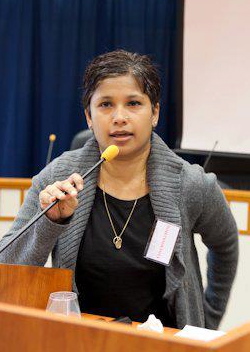


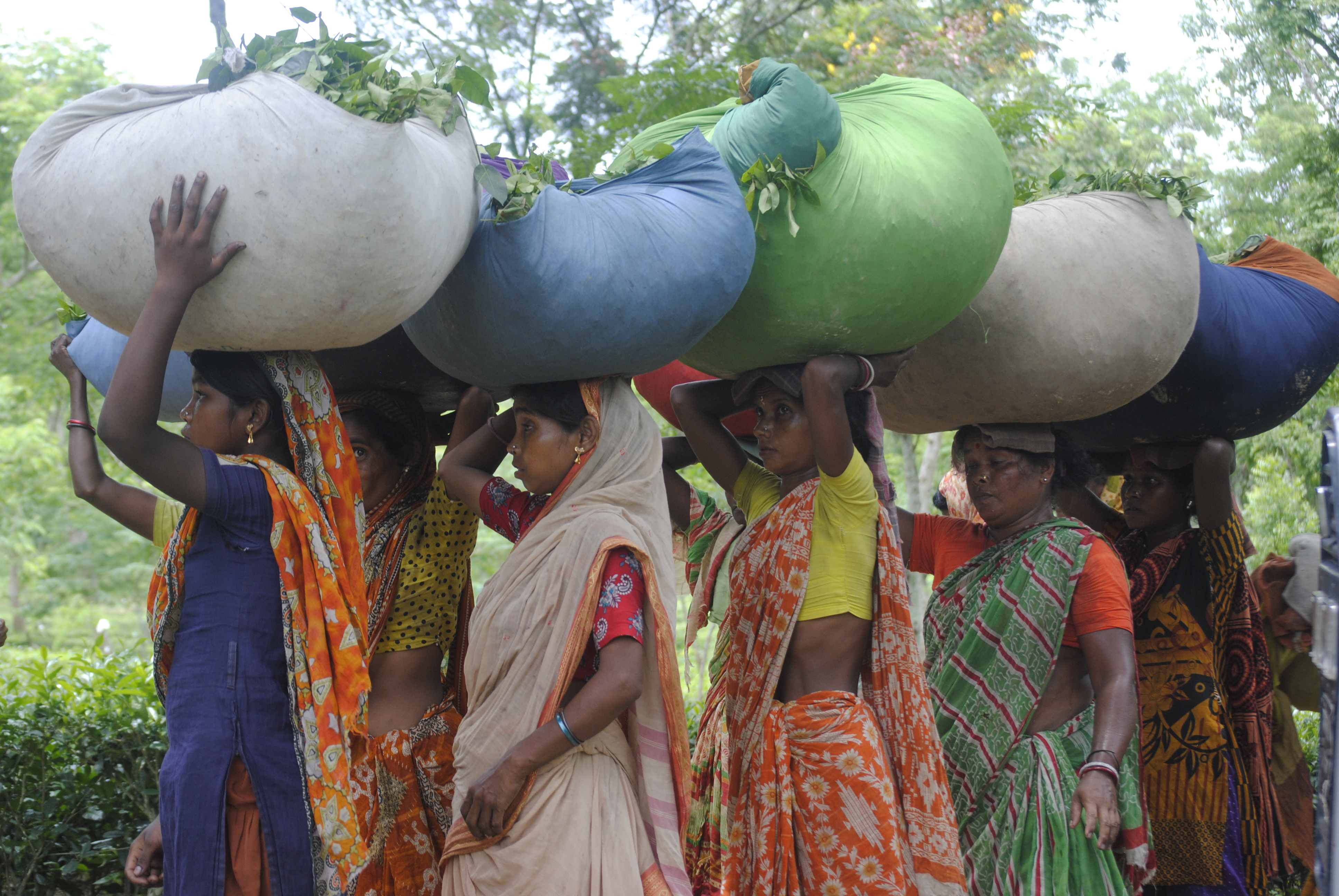
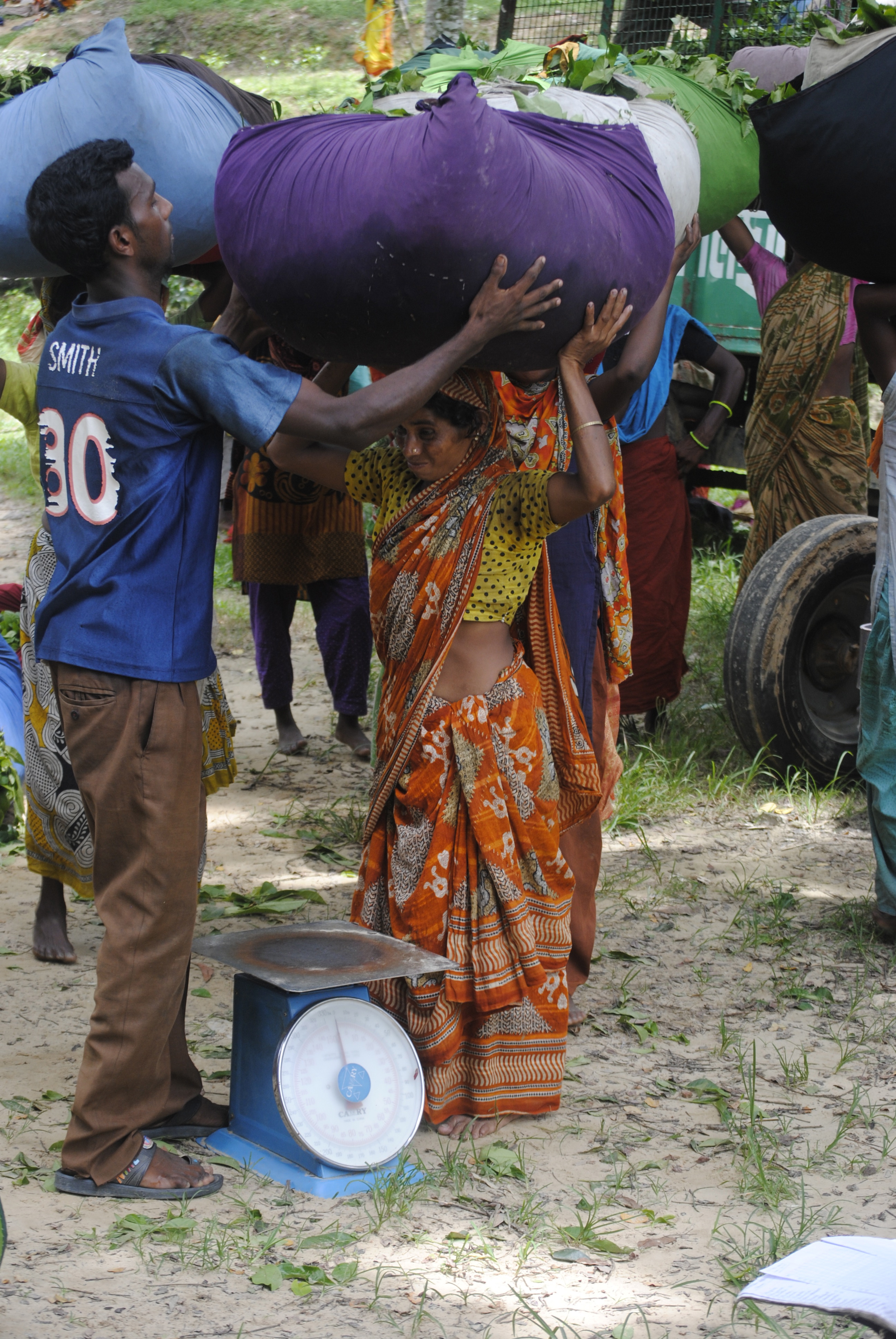
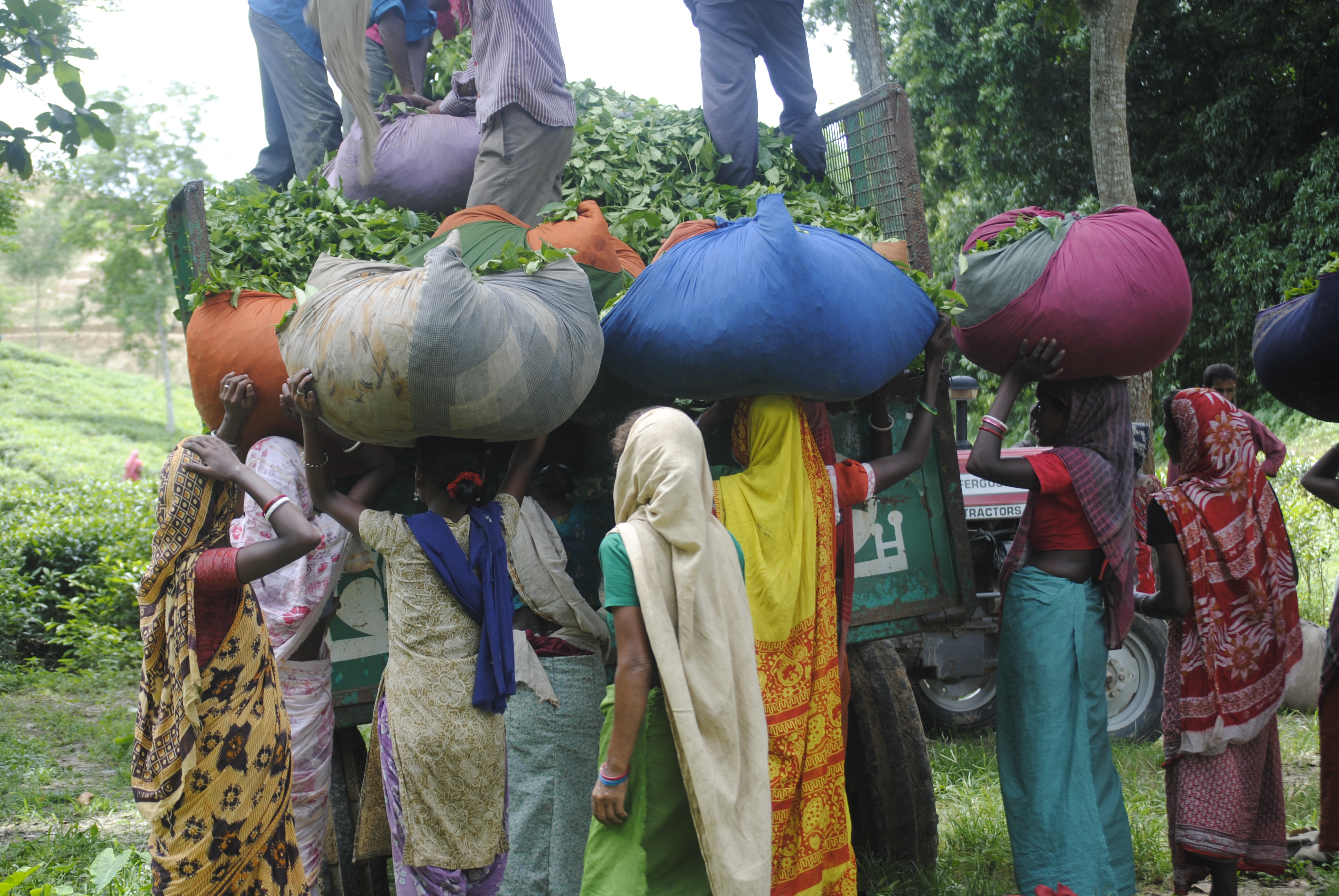
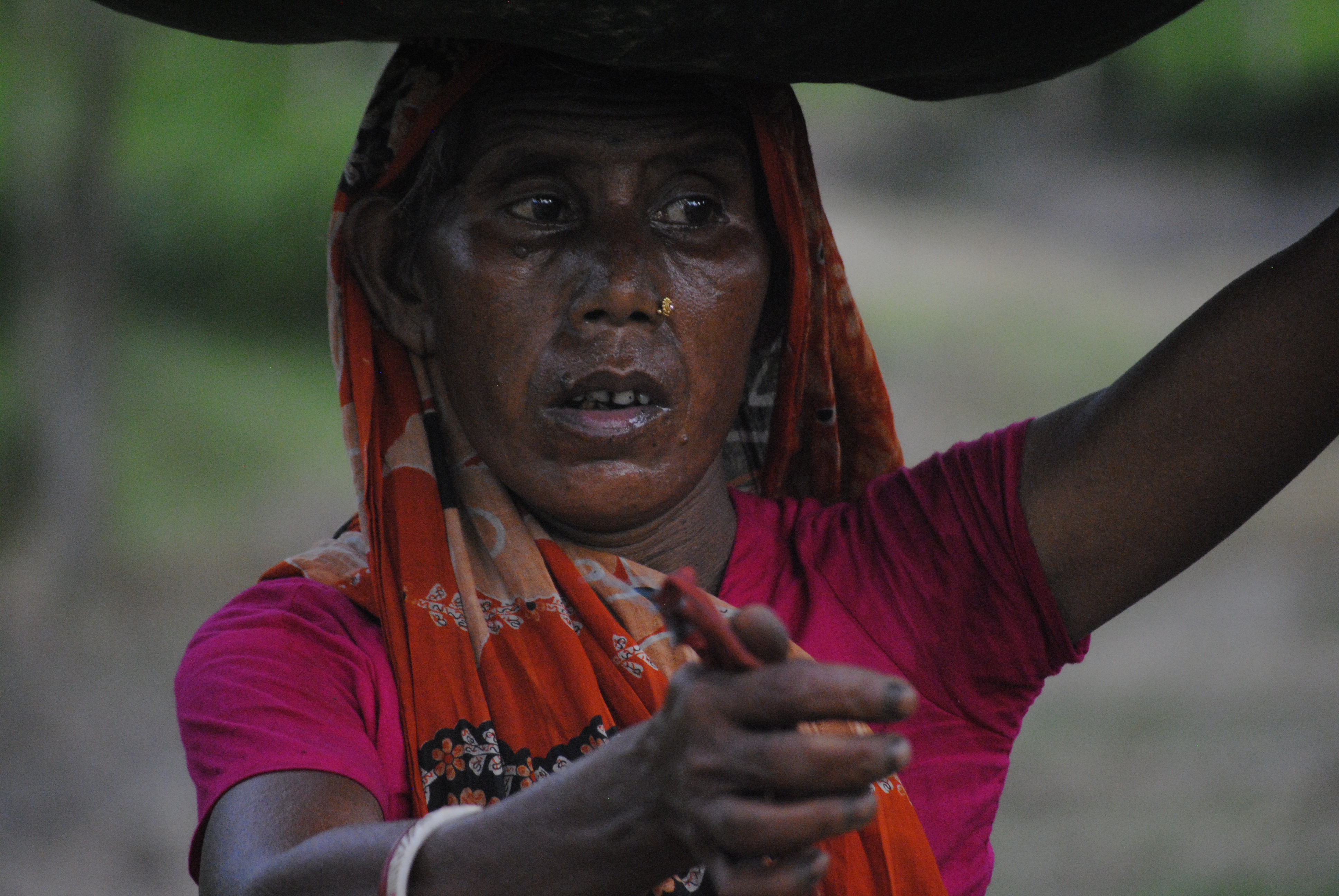
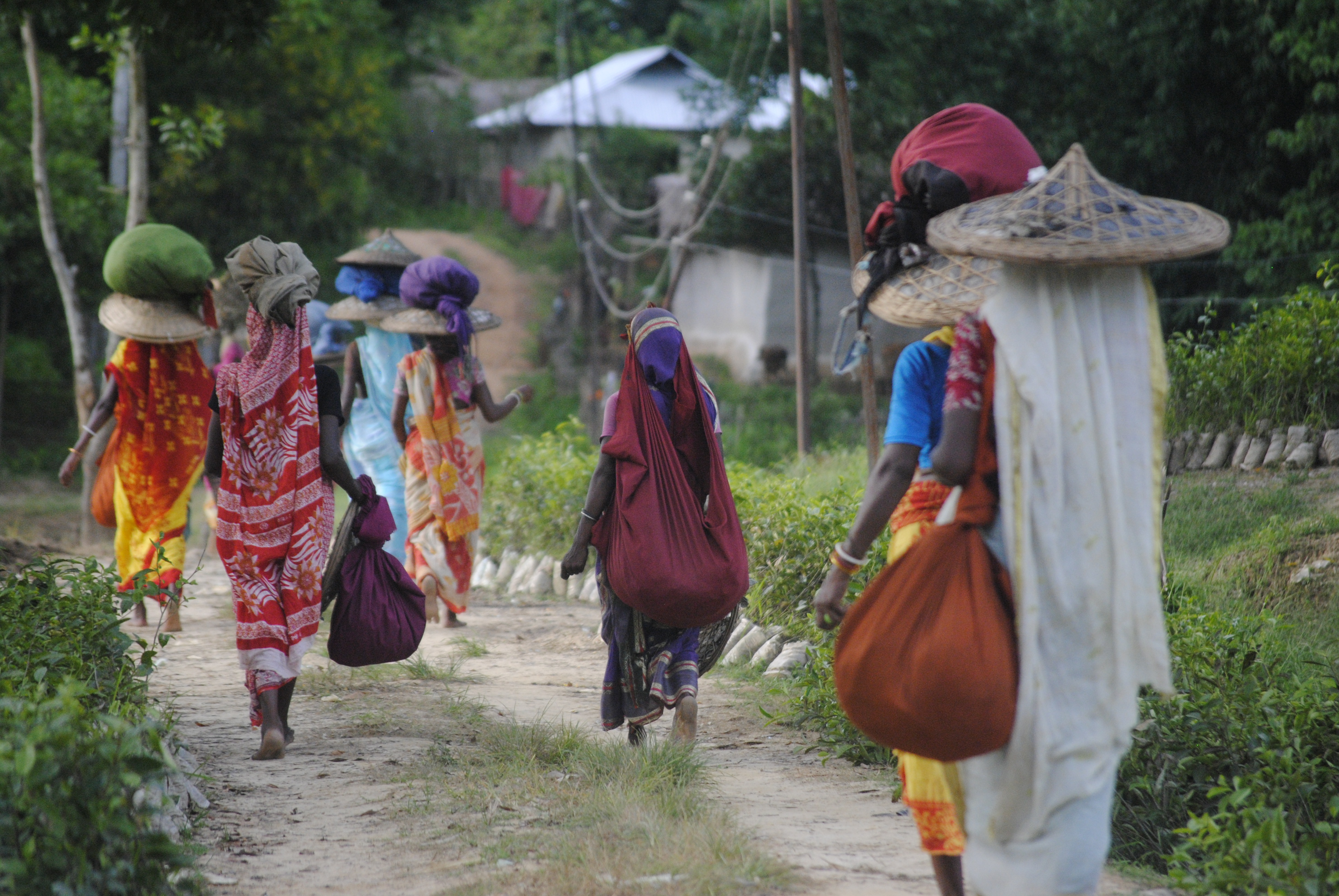
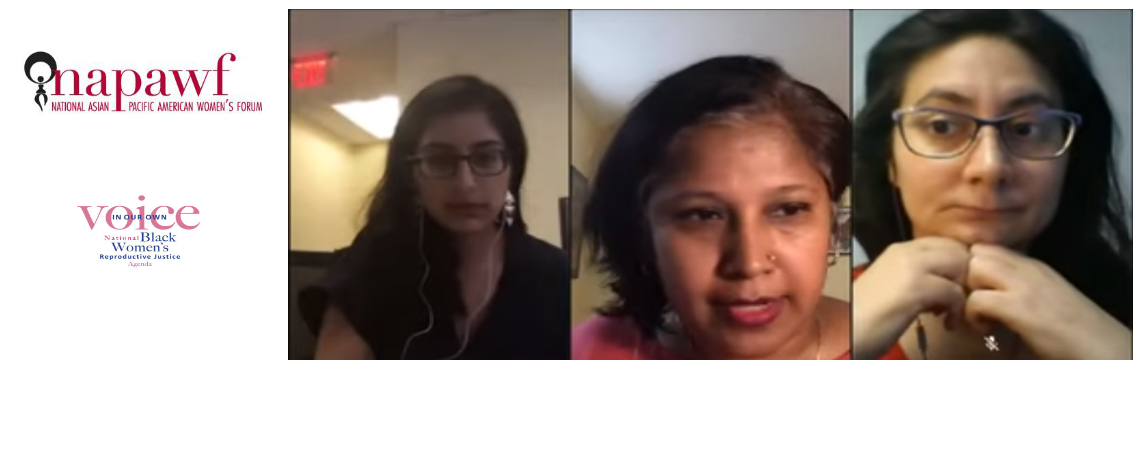



Tea workers’ human rights violation is a serious issue in South-Asia. I did my MA dissertation on the tea garden female workers of North-east Bangladesh. I did field work to the tea garden areas and explored many problems of them. I think more research is needed for the betterment of the tea workers in South- Asia.
If I get scope to work for the tea workers I will be very happy.
Thanks,
Illina
Would love to learn more about your dissertation.
I am the ever first boy from among 6.5 million tea community and 1.5 tea workers of Bangladesh graduated from University of Dhaka. Before me no one get the opportunity to be graduated from University of Dhaka. I am a son of tea worker and also worked in tea garden. You know that the people of tea garden are belonging in such a vulnerable situation where they have no any right on their own land, they get only Tk 69 (less than 1 dollar) working from morning to evening, they are unable to fulfill their basic need, human rights violation is very much acute here, child labor, early marriage, drug addiction, superstition etc. are present in tea garden. Though 1.5 million tea workers are the citizen of Bangladesh, they don’t get adequate government facilities. Government as well as the owners of the tea gardens are not so much concern about them and don’t pay any attention to change their life though they are playing a great role in the economic development of the country through tea industry. The main cause of their underdevelopment is illiteracy. Education rate in tea gardens is very much poor. In tea garden there is no any college, high school, even there are only few govt. primary school in 167 tea gardens. When the students of tea gardens go to the mainstreaming school they have to face a lot of problem as their mother tongue is different from the mainstreaming student. I was also a sufferer of such kind of problem. But through a very hard struggle I become able to overcome this situation. I got chance in University of Dhaka and took the responsibility to change my community. By the grace of almighty God I become able to bring a revolutionary change in my community through a continuous hard work of 6 years.
Cell: +8801687030057
I mean that I am graduated from 1.5 million tea workers